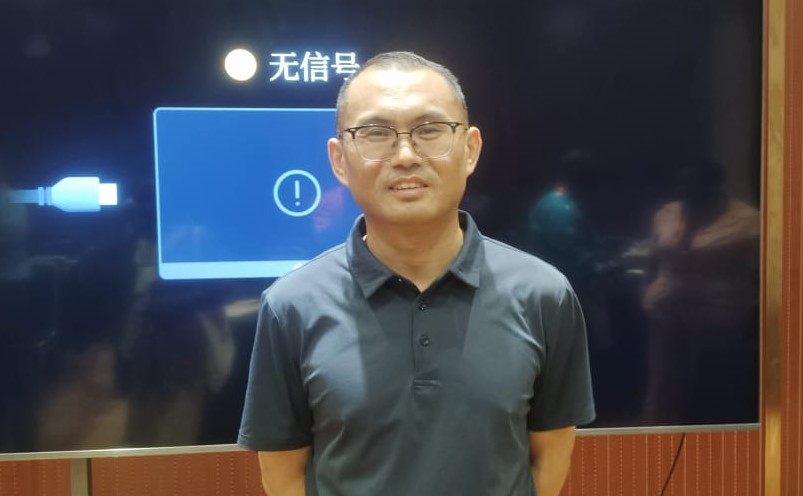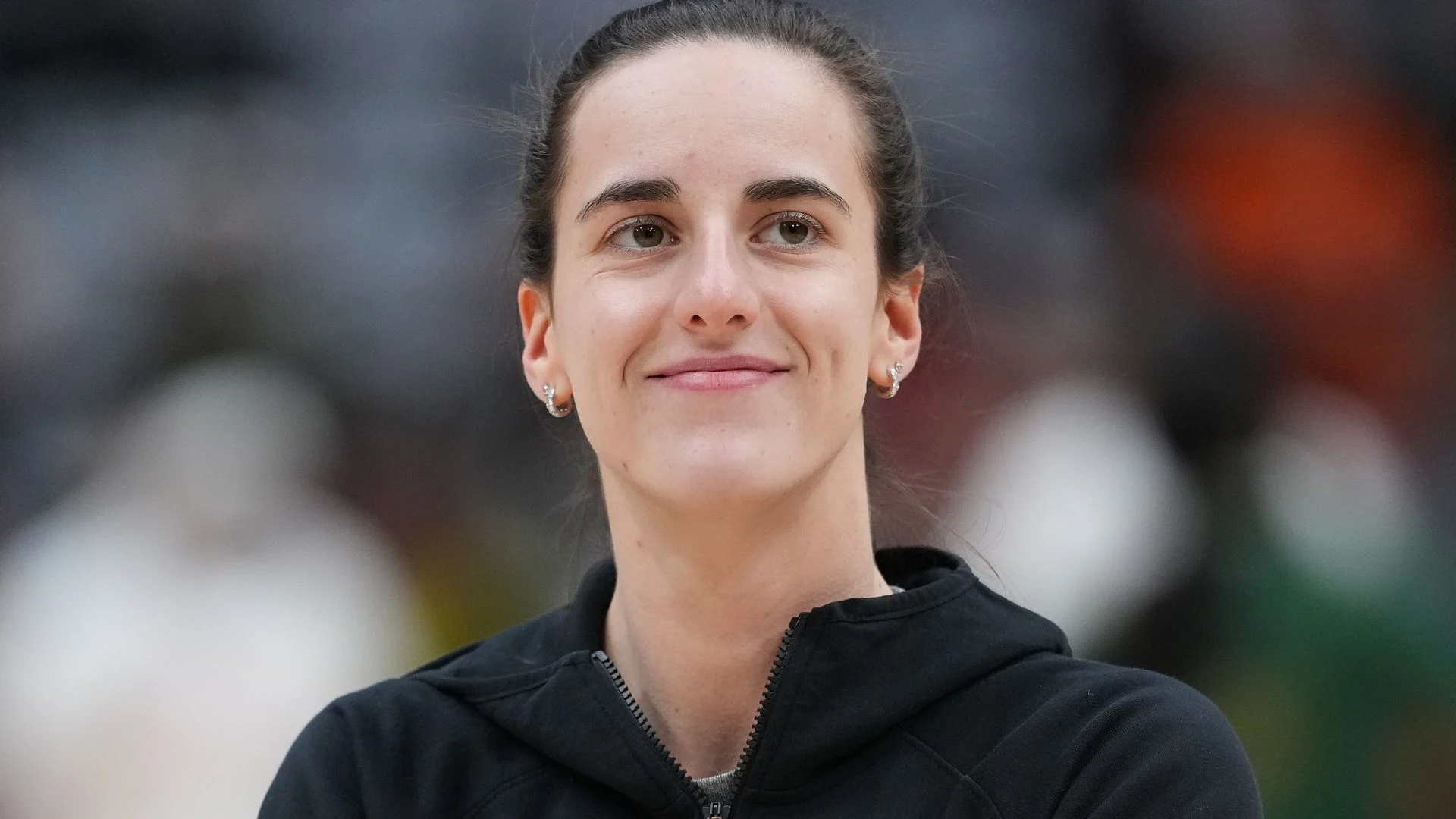By Emmakd
Copyright ghanabusinessnews

Professor Liu Qingzhen, a Professor of New Media at the Beijing Sports University, has called on traditional organisations to urgently integrate new media technologies into their operations if they were to remain relevant in the fast-changing information landscape.
He observed that the rapid growth of the digital platforms coupled with the advancement of Artificial Intelligence (AI) had transformed the way audiences consumed news and information, making it imperative for mainstream media organisations such as newspapers, radio, and television stations to adapt.
“We are facing a shift in the media industry from vertical to horizontal where we need to integrate ourselves with other industries for content creation, dissemination and marketing,” Professor Qingzhen, said during a media training workshop on integrated media operations and marketing, held in Beijing.
“Traditional media can no longer rely solely on their old systems of content delivery because we are being challenged by new media from ordinary, professional and company users. But as professionals, we have the advantage and traditional media organisations must embrace new media technologies to survive and thrive in this digital era.”
The Professor of New Media noted that the integration of new media would not only expand audience reach but also enhance interactivity, timeliness, and competitiveness, warning that, “Media organisations that fail to adapt, risk losing relevance in a space increasingly dominated by digital platforms.”
Citing China as an example, Professor Qingzhen revealed that as part of response to the changing media landscape posed by the new media, the Chinese government in 2018, merged the China Central Television (CCTV), China National Radio and China International Radio into the China Media Group (CMG) to integrate traditional media with digital platforms.
He said the convergence strategy had not only helped to enhance effectiveness and efficiency but also boosted their reach and audience retention efforts.
“Under this system, we have established various centres that are responsible for different things… so we can say nowadays, we no longer set up departments based on TV or radio, instead, we set up the departments based on contents to tailor contents to the appropriate audiences”, he said.
Professor Qingzhen said China was stepping up efforts to achieve cross-screen dissemination of news and information, in a bid to meet the needs of the younger generation who preferred mobile phones while ensuring that traditional media consumers were not left out.
The Professor urged the traditional media organisations to take advantage of AI to enhance the quality of their news and build capacity to be able to enhance their social media engagement, digital storytelling and demands of the modern audiences.
Mr Albert Kofi Owusu, the General Manager of the Ghana News Agency, agreed that the traditional media particularly in Ghana were challenged with the advent of new media but that some media organisations had begun incorporating new media technologies into their operations.
He said his outfit had begun integrating digital media contents into its news delivery to its audiences but stressed the need for enhanced capacity building for the Agency to fully embrace the modern technologies to better serve its audiences.
The training workshop was part of a 14-day training programme dubbed: “Seminar for Senior Management of Mainstream Media in countries along the Belt and Road Initiative”, held in Beijing, China.
Organised by the China Broadcasting International Economic and Technical Cooperation Co., Ltd (CBIC) and sponsored by the Ministry of Commerce of the People’s Republic of China, the seminar brought together 30 senior managers and journalists from landlocked countries.
The training is part of the commitment of the Chinese government and its institutions to strengthen and advance international communication cooperation with international media organisations and promote the global adoption of Chinese technologies, standards, and products.
Source: GNA



